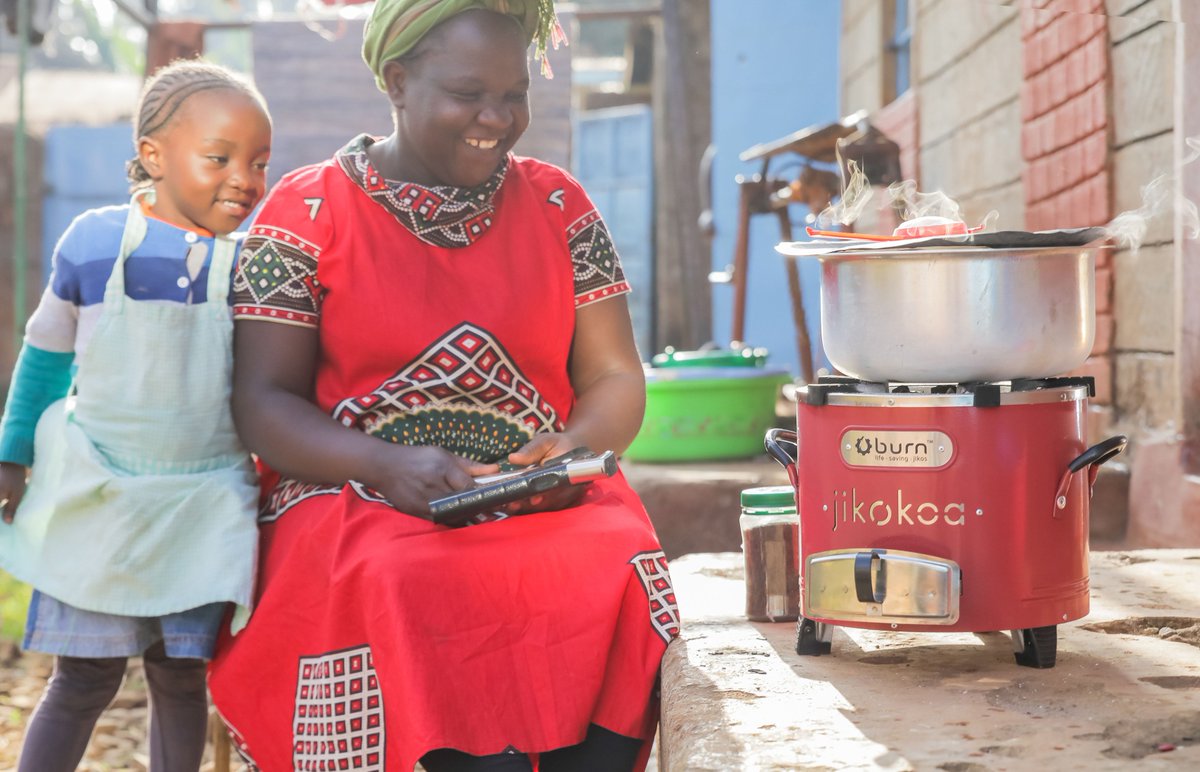According to “The State of Access to Modern Energy Cooking Services” report four billion people around the world still lack access to clean, efficient, convenient, safe, reliable, and affordable cooking energy.
The report also says that around 1.25 billion are considered in transition with access to improved cooking services, the other 2.75 billion face significantly higher access barriers.
According to the report that was sponsored by the World Bank, says not progressing beyond the status quo is costing the world more than US$2 trillion each year.
The recent outbreak of the coronavirus disease (COVID-19) underscores the interlinkages between traditional
cooking, gender, health, and the environment.
Exposure to air pollution is a known risk factor for underlying chronic diseases that are predictive of the severity and outcome for COVID-19 patients. This linkage suggests a heightened risk for women across all age groups who cook using traditional technologies and fuels.
Because the UN Sustainable Development Goals (SDGs) are cross-cutting, slow progress in meeting the 2030 SDG 7.1 target—ensuring universal access to affordable, reliable, and modern energy services—hinders progress toward meeting the SDG targets for health, gender equality, and climate, among others.
Closer home, the Clean Cooking Association says that 6.2 million households in Kenya depend on one mode of cooking. The Association says that 80 percent of the households that depend only on one mode of cooking depends solely on either charcoal or fuelwood.
71 percent of households in Kenya still use a type of woodstove as either their primary or secondary cookstove, with a greater prevalence of 92 percent in the rural areas.
At the same time, 5.5 million households own at least one charcoal stove with 1.3 million (10.3 percent) reporting using a type of charcoal stove as their primary cooking solution.
According to the study by the Association, 1.7 million households in Kenya (14 percent of the total population) use kerosene for cooking with 27.7 and 3.2 percent of urban and rural populations respectively reporting use.
For years, Burn Manufacturing has been working towards equipping people with affordable, clean cooking through their energy-saving Jikos.
BURN which is a leading cookstove manufacturer located in Ruiru, Kiambu County, and is in its 7th year of operations in Kenya has sold more than 800,000 units of its revolutionary clean cooking jikos and benefitted 4 million people in East Africa.
BURN stoves are designed and engineered to reduce harmful carbon dioxide emissions from burning biomass fuels such as charcoal and firewood, reduce fuel consumption by 56 percent and save consumers about 18,000 shillings annually through reduced fuel costs.

